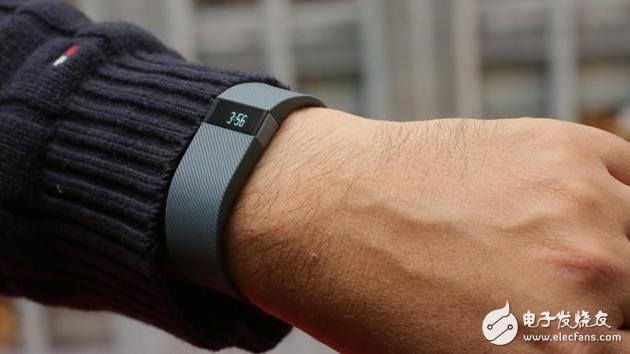On the morning of December 12th, Beijing time, the fitness tracker has been popular for some days. But one of the largest and longest-running studies to date suggests that for some people, they may not help with weight loss. The consumer report explains the practical use of the fitness tracker and recommends the best options for the moment.

This 2016 study tracked 800 adults. Most people wear Fitbit and walk 50-70,000 steps a week. But after six months, none of them had improved weight or blood pressure. A year later, 90% stopped using Fitbit.
Walking alone can't help you lose weight, you must also have strenuous exercise and a healthy diet.
Consumer-reported fitness tracker test metrics include steps, accuracy of heart rate monitoring, water resistance, ease of use and fit, and data readability in bright and dim light. The fitness tracker tested included a $250 Fitbit Surge, a $130 Tom Tom Spark Cardio Plus Music, and a $150 Garmin VivoSmart.
The consumer report specifically mentions Fiebit's manufacturer: "Fitbit continues to invest in new devices, innovative incentives and social function development to further increase user engagement and help individuals achieve their health and fitness goals."
Optoelectronic Information Series
Photoelectric information series laboratory related equipment
Optoelectronic Information Product,Optical Bench Experiments Physics,Optical Devices Physics,Optical Physics Properties
Yuheng Optics Co., Ltd.(Changchun) , https://www.yhencoder.com
